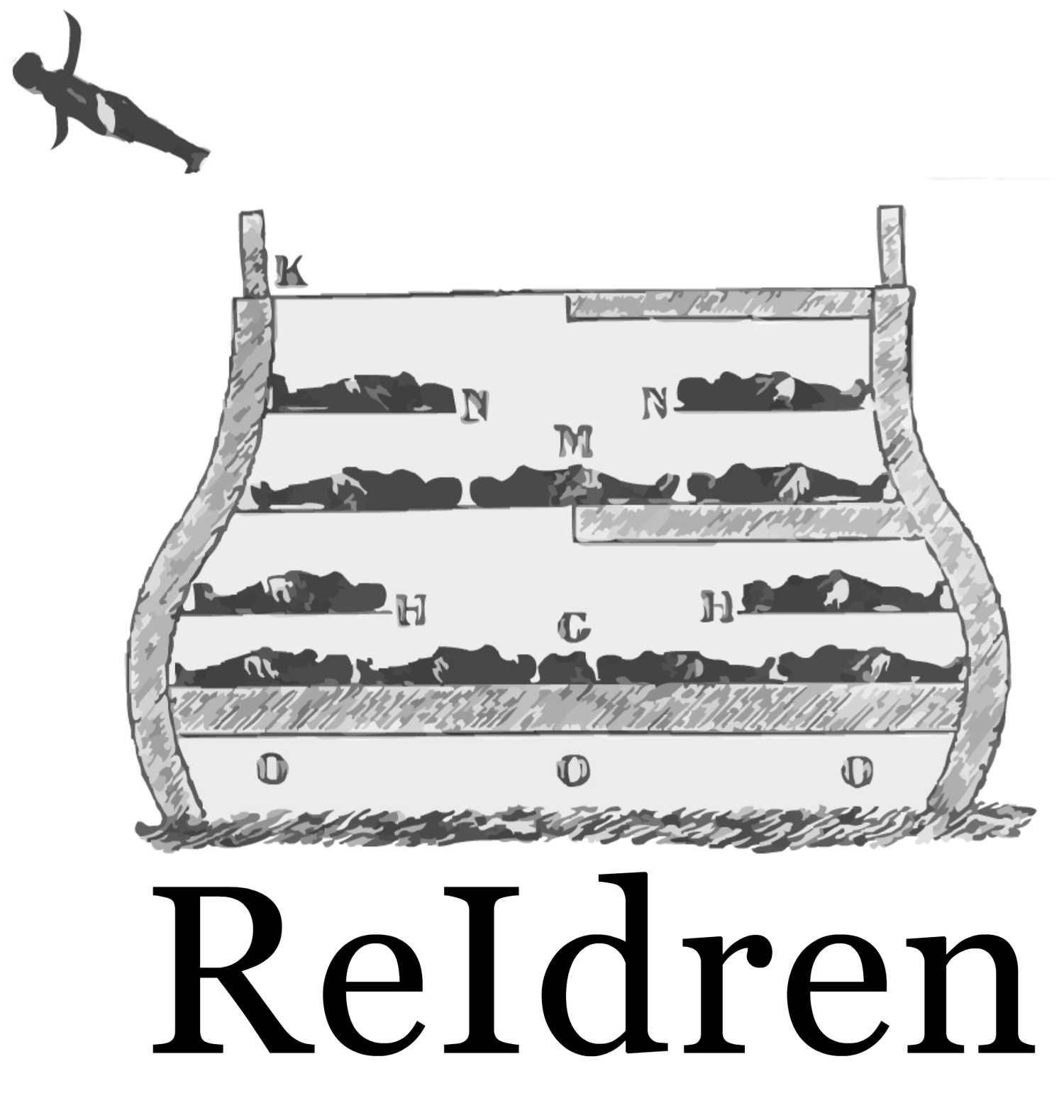We have posted a lot about Boston and housing in our FB group over the years. In a look back on Boston’s battles over racial spacing/placing, it's worth remembering that the resistance to Black belonging (where belonging and inclusion is a sharpening topic in these Orangeific times) didn’t only happen in places like South Boston, Roslindale, Hyde Park, and Charlestown. It also happened—and continues to happen—in the suburbs.
There’s a growing academic archive around this Black history. Books like Lily Geismer's Don’t Blame Us show how towns like Arlington, Milton, Wellesley, and Lexington shaped policies that kept Black families out, even as the city struggled with open conflict over race. Suburban zoning became a quiet but powerful force in defining who had access to stable housing, good schools, and public resources—a fundamental issue directed by perceived/real Afro-phobia, (and who would have been the broader class and racial beneficiaries?).
Today, those same towns are resisting a meager, almost toothless law—the MBTA Communities Act—which only asks for zoning (not building) multi-family housing near transit. There are no requirements for affordability and nothing to address the long history of Black/Brown housing exclusion and displacement.
Ironically, it’s now a Black Attorney General tasked with holding these towns accountable, even as the underlying issue—Black vulnerability in the housing market—remains largely untouched.
But this is not just about suburban zoning today—it’s part of a long genealogy of Black removal in Boston. From the destruction of New Guinea, the Black neighborhood of the North End, in the early 1800s—a de-sanctuary-ing for Black families in the newborn Commonwealth in favor of other immigrants— to the Bantustan of **"Negro Hill" on the north slope of Beacon Hill that would later be demolished and gentrified; from public housing "containment" in Roxbury, Mission Hill, and Columbia Point, to the collusion of banks, insurers, and real estate agents that locked Black families into specific neighborhoods under rising costs—a pattern repeats. From the sale of a black home in 1690 (YES SIXTEEN*) to the 1930s and to the 1990s, Black Bostonians were shuffled, displaced, and priced out, first by redlining and later by speculative investment and urban renewal. It repeats hard.
Today, Roxbury, Dorchester, and Mattapan face new waves of displacement through rising costs, producing neighborhoods that are less Black, more (better? over?) policed, and yet sold as "safer"—but not safer for us, nor shaped by us.
What looks like a technical zoning debate is only the latest chapter in a longer story of race, space, P.lace, and inclusion/belonging in Greater Boston—a story in which Black communities have been systematically dislocated, while the benefits of stability and investment remain elsewhere.
And so, when the Mayor of Boston makes Congressional speeches about Boston as an immigrant sanctuary against the Republican-led Trump administration in early 2025, there is deep irony in all the Boston exceptionalism lifted up -the simultaneous language/grammar of "the 250 years.." and "Boston has always...'. Something is off. ..this city’s history of "making room" for others has so often come at the expense of Black people’s vulnerability and punishability as a class, seeking housing stability for over 400 years, from enslavement to the restrictions it still faces today. Perpetual.
Resources:
Join our charter van and walking tours to discuss:
FB group topic search "Suburb"
FB group topic search "Segregation"
People Before Highways: Boston Activists, Urban Planners, and a New Movement for City Making — Karilyn Crockett
Don’t Blame Us: Suburban Liberals and the Transformation of the Democratic Party — Lily Geismer
*Zipporah Dunn Atkins Potter
The Color of Law: A Forgotten History of How Our Government Segregated America — Richard Rothstein
Golden Gulag — Ruth Wilson Gilmore
Race for Profit: How Banks and the Real Estate Industry Undermined Black Homeownership — Keeanga-Yamahtta Taylor
Mapping Inequality (HOLC maps, digital resource) Map center at BPL
Boston Indicators Housing Reports
#BlackHistory #BostonHistory #HousingJustice #MBTACommunities #Zoning #antiblacknessarchive

